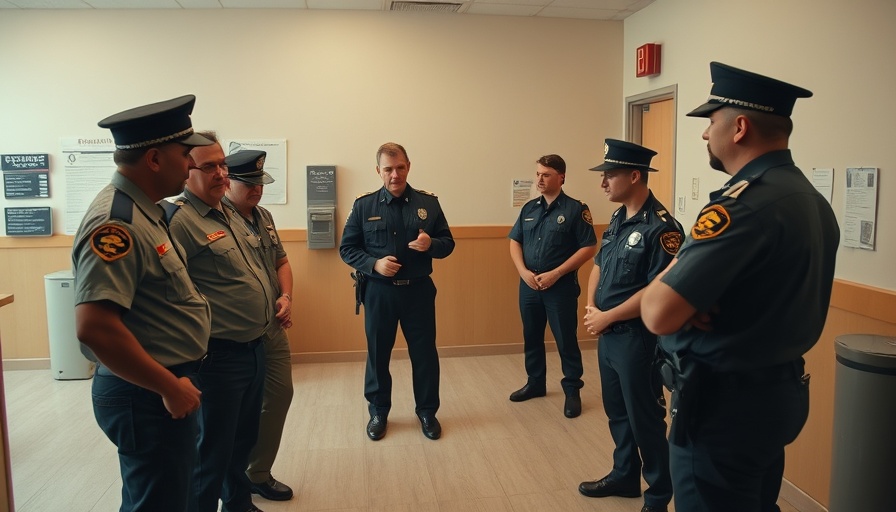
Beware of Scammers Posing as SARS Customs Officers
In a time where personal data is more valuable than ever, an alarming trend has emerged: scamsters impersonating customs inspectors from the South African Revenue Service (SARS) are preying on unsuspecting victims. Reports indicate that these fraudsters are calling individuals, falsely claiming they have been flagged for sending suspicious packages internationally. Alarmingly, they possess personal information such as names, email addresses, and even identity numbers, which they use to intimidate their targets.
The Intimidation Tactics Used
These scammers employ psychological manipulation to instill fear, threatening victims with imprisonment over alleged possession of illegal documents or narcotics. They often articulate that the matter needs urgent attention from law enforcement, directing their targets to engage further by transferring the call to what seems like an official government line—an action that could have significant repercussions.
The Importance of Staying Informed
As public sentiment hinges on trust and accountability within government institutions, it is crucial that individuals remain vigilant and informed. SARS has explicitly stated that it never contacts customers to request personal information via phone calls. Thus, if someone reaches out claiming to represent SARS, it's vital to end the call immediately to prevent further attempts to phish for information.
Know How to Protect Yourself
Victims are advised to verify any communication claiming to be from SARS by consulting official sources or engaging directly with their service providers regarding any orders placed. Scam detection and prevention resourcefulness empowers the community, stressing that if you have ordered or sent a parcel, the relevant company will be the one to interact with you—not a representative of SARS.
Future of Scam Prevention
With technology rapidly evolving, so too do the methods employed by scammers. This incident underscores the necessity for heightened awareness and precautionary measures. Enhanced communication from SARS could also serve as a beacon of transparency, ensuring that citizens are well-versed in recognizing fraudulent activity. This not only strengthens public trust but fortifies the principles of transparency within governance.
Community Vigilance and Engagement
Communities must work proactively to create awareness about such scams. Sharing information on social media platforms, discussing with peers, and reporting incidents can help safeguard individuals from becoming future victims. It is incumbent upon each member of society to contribute to a culture of vigilance, reducing the chances of fraud proliferating in our systems.
Concluding Call to Action
Stay informed and vigilant! If you receive any unsolicited calls from someone claiming to represent SARS or any governmental body, hang up immediately. Report such incidents to law enforcement to help protect others in your community. Together, we can combat fraud and ensure that our personal information remains secure.
 Add Row
Add Row  Add
Add 




Write A Comment